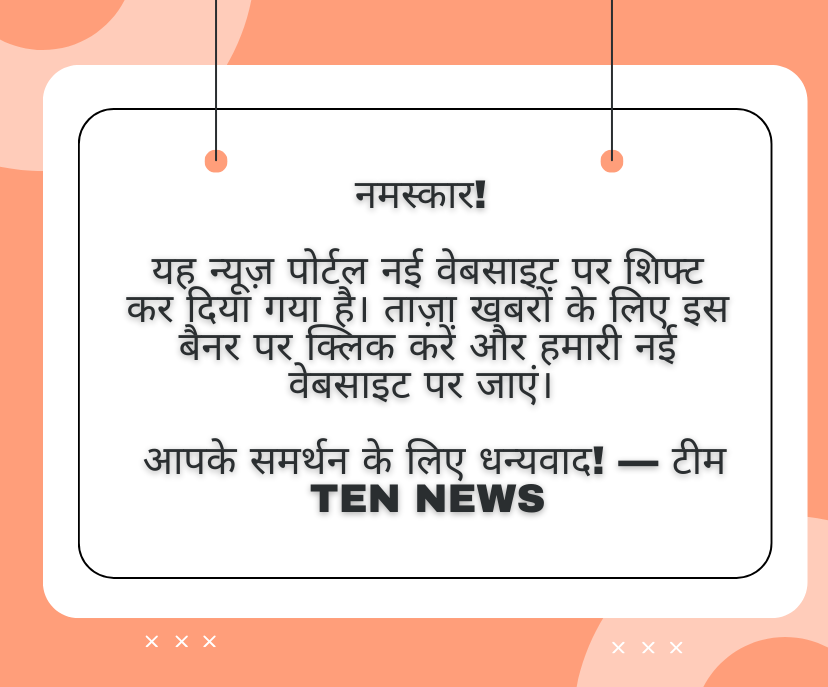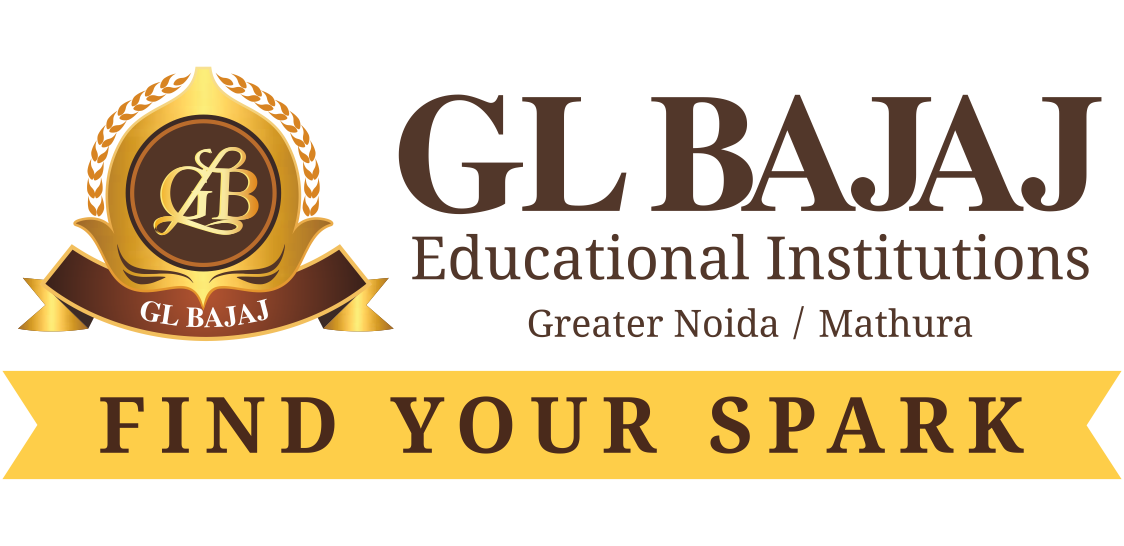Shri Thaawarchand Gehlot, Union Minister for Social Justice and Empowerment inaugurated the “National Workshop on Physical and Mental Disabilities in the Light of Global Best Practices in Care, Rehabilitation and Research” here today. Smt. Shankuntala D. Gamlin Secretary, DEPwD; Shri Kamlesh Kumar Pandey, Chief Commissioner for Persons with Disabilities; and Smt. Dolly Chakrabarty, Joint Secretary, DEPwD and many other eminent scholars of the disability sector were present. The Workshop was organized by the Department of Empowerment of Person with Disabilities (Divyangjan), Ministry of Social Justice and Empowerment and hosted by National Institute for Empowerment of Persons with Multiple Disabilities (NIEPMD), Chennai.
Delivering inaugural address, Shri Gehlot said that this workshop has been organized to promote the best practices from across the globe in the area of care, rehabilitation and research in relation to the 21 disabilities of RPWD Act 2016. In April 2017, the Rights of Persons with Disabilities Act, 2016 came into force. It provides for various rights and entitlements for PwDs and casts responsibility on the State/UTs to take various measures to ensure that the PwDs enjoy their rights equally with others. It also mandates the States/UTs to frame various schemes/programmes, work out mechanism and implement best practices to ensure inclusion and empowerment of PwDs. Keeping in view the mandate of the new Act, both Central and State/UT Governments must implement global best practices to meet the needs of the Divyangjan through a lifecycle approach.
He hoped that the workshop will help the participants in acquiring increased knowledge and develop a comprehensive plan, with clear objectives, towards local and national capacity building for attaining the agenda of Sustainable Development Goals. To implement the best practices, strong commitment and actions are required from all stakeholders.
The Minister said that implementing the best practices requires involving different sectors – health, education, social protection, labour, transport, housing- also different agencies, – government, Civil Society organizations, disabled People organizations, professionals, the private sector, people with disabilities and their families. It is essential that a developing country like India tailor its actions to address the existing challenges of Early Identification, Early Intervention, Education, Skilling, Employment, Home Living and Community Livings as it looked upon as a Model developing state; making it very vital that we establish infrastructure, scientific strategies and protocol of services for all the disabilities covered under RPwD Act.
The National Workshop had experts in the field of disabilities, including: Orthopaedic Disability, Cerebral Palsy, Muscular Dystrophy, Dwarfism, Leprosy-cured person, Acid-Attack victims; Visual Impairment; Hearing impairment; Speech and Language disability; Intellectual disabilities; Specific Learning Disabilities; Autism Spectrum Disorders; Mental Illness; and Disabilities caused due to Chronic neurological conditions like Multiple-Sclerosis, Parkinson’s Disease; Blood disorders like Haemophilia, Thalassemia, Sickle-Cell Disease; and Multiple Disabilities.
The experts were invited from premier rehabilitation institutions, hospitals, universities, and RCI recognized institutions from across the country. The workshop was attended by over 250 participants from State and Central Government officials, Universities, National Institutions, Eminent Hospitals, Eminent NGOs, Scientists, and Experts of repute from the disability sector. An overwhelming response was received from each leading stakeholder of different states of the country, including Government and Non-Government Organizations. Principal Secretaries, Secretaries, and Commissioners of Health, Social Welfare, and Disability Department from different states have confirmed their participation of the workshop. The Chief Medical Officers of many important cities and District Social Welfare and Disability Officers participated in the programme. The Heads of leading NGOs from across the country also participated in the workshop.
The objective of the workshop was to help our country’s commitment under the UNCRPD, RPWD Act and help establish uniformity in the services for persons with disabilities. It also supported protocol development in the service delivery; promote replication of global best practices; and encourage adaptation of global best practices to Indian context. The workshop assisted in implementation of best-practices for the 21 disabilities covered under the RPWD Act. It helped fine tune our practices of disability-specific, discipline-specific, model-specific, approach-specific holistic-services and Community Based Rehabilitation (CBR) models. The reservoir of knowledge generated was disseminated to all stakeholders for improving the standards of service delivery with an aim to improve the quality of life of persons with disabilities and their families.
The outcome of this Workshop is to share, implement and bring uniformity in global best practices for empowerment of persons with disabilities (Divyangjans) in India specially in the context of 14 new disabilities of the RPWD Act 2016. The workshop witnessed the best practitioners from across the nation in each of the 21 disabilities as per the RPWD Act. It also came up with recommendations for Government, Service providers, activist, policy makers, educationalist, and professionals to implement RPWD Act, by adopting the best practices.



*****











